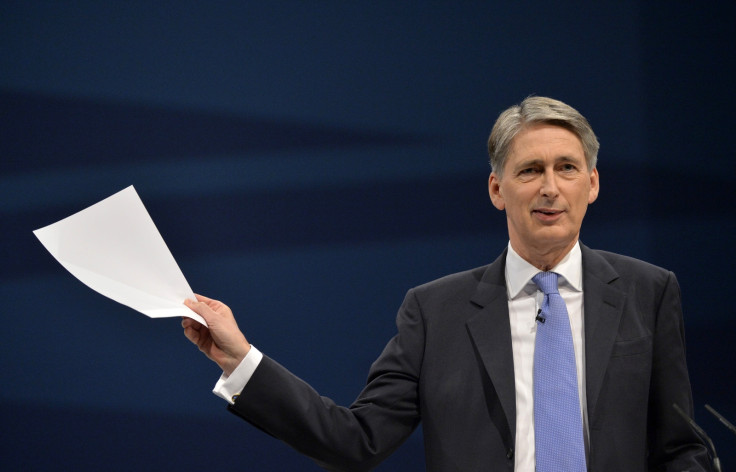Philip Hammond: US nuclear missiles could return to the UK in response to Russian escalation

The UK could host US medium-range nuclear missiles for the first time since the height of the Cold War in response to increasing Russian aggression, Foreign Secretary Philip Hammond has said.
Speaking on the BBC's Andrew Marr Show, Hammond said the government would tentatively consider hosting US missiles in light of recent developments in Russia and Eastern Europe.
"We've got to send a clear signal to Russia that we will not allow them to transgress our red lines," he said.
"At the same time, we have to recognise that the Russians do have a sense of being surrounded and under attack, and we don't want to make unnecessary provocations either."
The foreign secretary's remarks were yet another sign of the declining relations between the West and Russia, now at their lowest ebb since the end of the Cold War.
"I think it is right to be concerned about the way the Russians are developing are developing what they call a symmetric warfare doctrine, applying pressure often using deniable proxies, as they're doing in Eastern Ukraine."
Referring to the ongoing crisis in Ukraine, he said: "I think it is right to be concerned about the way the Russians are developing what they call a 'symmetric warfare doctrine', applying pressure often using deniable proxies, as they're doing in Eastern Ukraine."
The US, the EU and a number of other nations introduced sanctions on Russia over Ukraine in March of last year. At the ongoing G7 leaders' summit in Germany, David Cameron, Angela Merkel and Barack Obama have insisted economic measures against Russia remain in place until the crisis in Ukraine is resolved.
Hammond also mentioned recent Russian missile movements that have caused even deeper rumblings on the other side of the Atlantic. He said Russia was "installing very substantial numbers of missiles in the Kaliningrad Oblast [Russian exclave located between Poland and Lithuania], which is very destabilising for the Eastern European NATO powers."
The US has claimed Russia violated a 1987 treaty that removed nuclear and ground-launched ballistic and cruise missiles with intermediate ranges and may now scrap the treaty and deploy its own weapons in response.
At his Senate confirmation hearing in February, Defence Secretary Ash Carter noted his concern about Russia's alleged violation of the 1987 Intermediate-range Nuclear Forces treaty. He said disregard for treaty limitations was a "two-way street", opening the way for the US to respond in kind.
The US has said it is considering a range of moves to counter Russia's alleged violation of a nuclear arms treaty, including bolstering missile defences or even deploying land-based missiles in Europe.
© Copyright IBTimes 2025. All rights reserved.






















